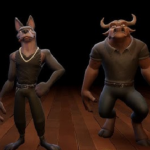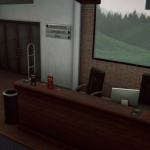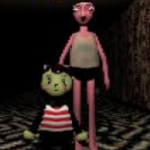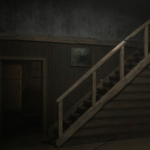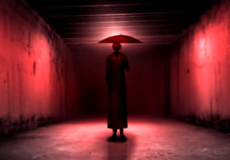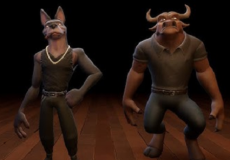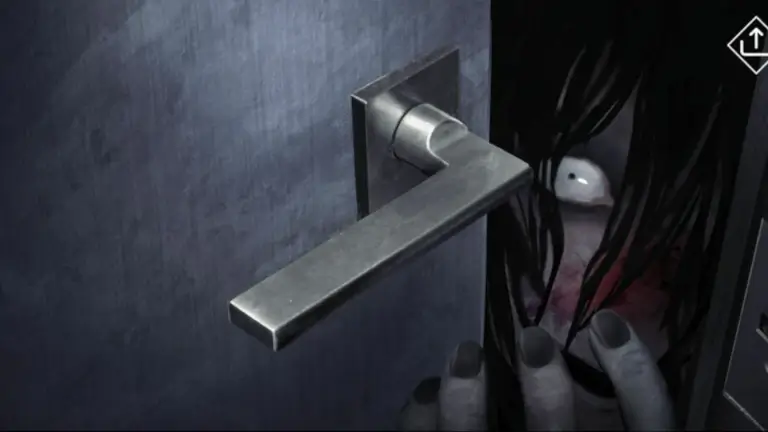

Bou’s Revenge
Advertisement
Bous Revenge is a short indie horror game that begins with a seemingly harmless task and slowly transforms into a surreal experience. The player starts by interacting with a pet-like creature named Bou, following simple care routines like feeding, cleaning, and playing. However, the cheerful loop gradually begins to shift as the environment darkens, and Bou’s behavior turns unpredictable. What first appears to be a parody of virtual pet games soon takes on a more disturbing tone as the player realizes they may not be in control.
Advertisement
Similiar games
Bous Revenge is a short indie horror game that begins with a seemingly harmless task and slowly transforms into a surreal experience. The player starts by interacting with a pet-like creature named Bou, following simple care routines like feeding, cleaning, and playing. However, the cheerful loop gradually begins to shift as the environment darkens, and Bou’s behavior turns unpredictable. What first appears to be a parody of virtual pet games soon takes on a more disturbing tone as the player realizes they may not be in control.
From Routine to Distortion
The game introduces itself with clear instructions and a minimal user interface, encouraging players to engage through basic tasks. Actions are performed using simple controls, and the home environment initially seems stable. But subtle audio cues, visual glitches, and delayed reactions from Bou signal an underlying change. The tension increases slowly, drawing players into a false sense of familiarity before breaking it. Instead of traditional scares, the game relies on uncomfortable pacing and escalating unease.
Central Features and Progression
At its core, Bous Revenge functions as an interaction-based escape game, layering puzzle-solving over emotional manipulation. The bond created between the player and Bou during the early game adds complexity to the later events, as the character shifts from passive companion to active threat. This transition is not immediate but unfolds through player-triggered events, creating suspense tied directly to their own actions.
Main gameplay components include:
· Care tasks that establish routine and trust
· A single enclosed environment that gradually shifts
· Point-and-click style interactions with hidden triggers
· Puzzle mechanics linked to progression and escape
· Multiple endings based on choices and timing
Player Reactions and Interpretation
Bous Revenge has been discussed in online communities for its use of nostalgia and discomfort. Some players interpret it as commentary on the illusion of control in digital environments, while others see it as a satire of mobile pet games. The lack of dialogue and linear storytelling forces players to interpret the meaning behind Bou’s transformation and the changes in the house. Whether seen as psychological horror or abstract metaphor, the game leaves space for subjective interpretation.
Despite its short length, Bous Revenge creates a sense of lasting discomfort by transforming a playful scenario into something ominous. Its strength lies in the subtle shifts in tone and the limited tools given to the player, which turn a lighthearted premise into a suspenseful situation. With multiple endings available depending on player behavior, the game invites replaying to uncover all outcomes and piece together the full narrative.
Discuss Bou’s Revenge




